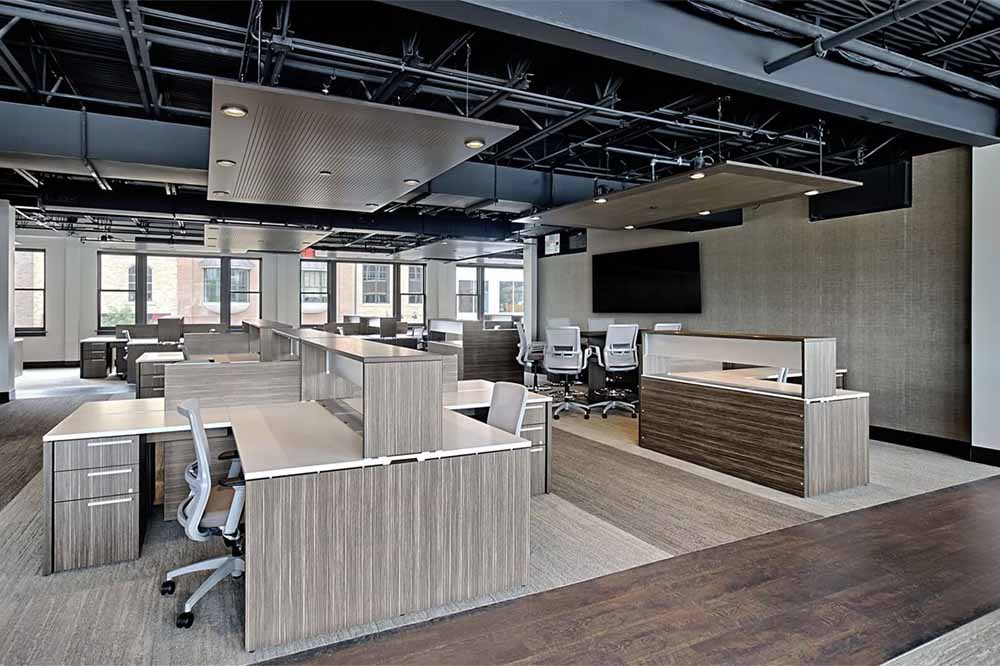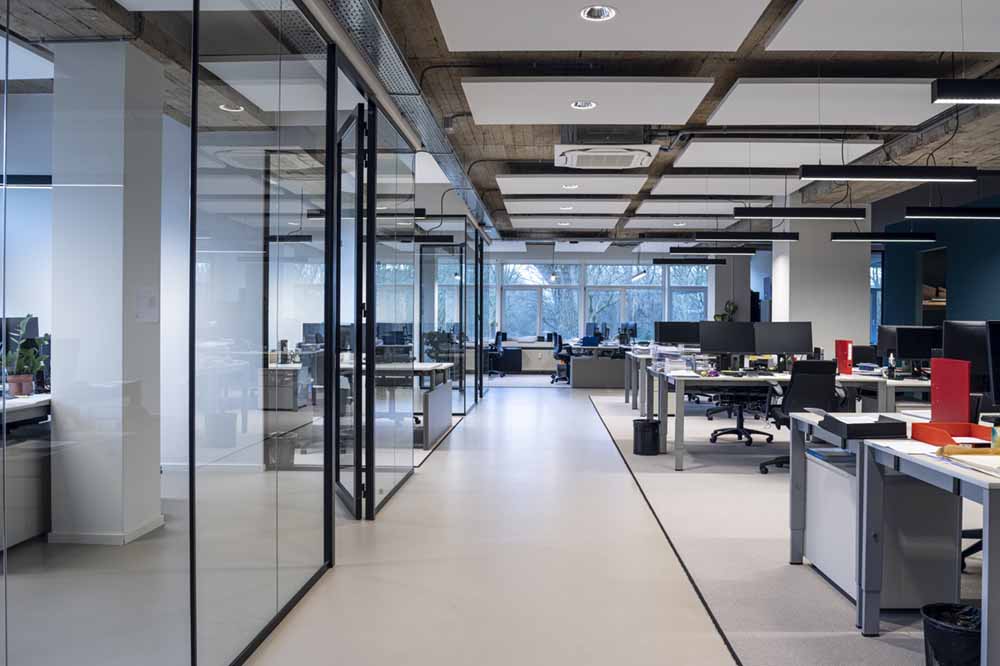

Smart building technology solutions can create a future-ready workplace and assist in the requirement need to understand and optimize how you operate physical space, whilst maximizing energy-efficient infrastructure.
With a Hybrid workplace becoming a larger component for many organizations, the accelerated demand, and expectation for an efficient, reliable network infrastructure to support virtual, and diverse physical workplaces, are new objectives for building and facilities managers.
Smart Building Technology can optimize physical space, which has a fundamental influence on workplace capacity planning for building and facility managers. Smart building technologies can elevate planning pressures, and leverage and optimize building and facilities assets.
“Maintaining a healthy, comfortable, and productive workspace is crucial for business objectives for 2023.”
With today’s energy resources adversity, reducing operational costs has never been more critical, and the importance of energy-efficient infrastructure has never been more prevalent.
Benefits from smart building technology
Understanding occupant needs and behaviors with the goal of enhancing well-being and productivity while simultaneously saving operational costs and increasing building efficiency is where Smart Buildings can emerge as a competitive edge for building managers.

- Save operational costs
- Improve energy utilization
- Time-saving solutions
- Live data
- Optimizing workload placement
- Mapping & visualization tools
- Improve employee experience
- Comfort monitoring
- Agile and facilitates collaboration
- Optimal capacity management
- Optimize space-to-cost ratio
- Smart maintenance for HVAC systems
- Efficient & Data-Driven



